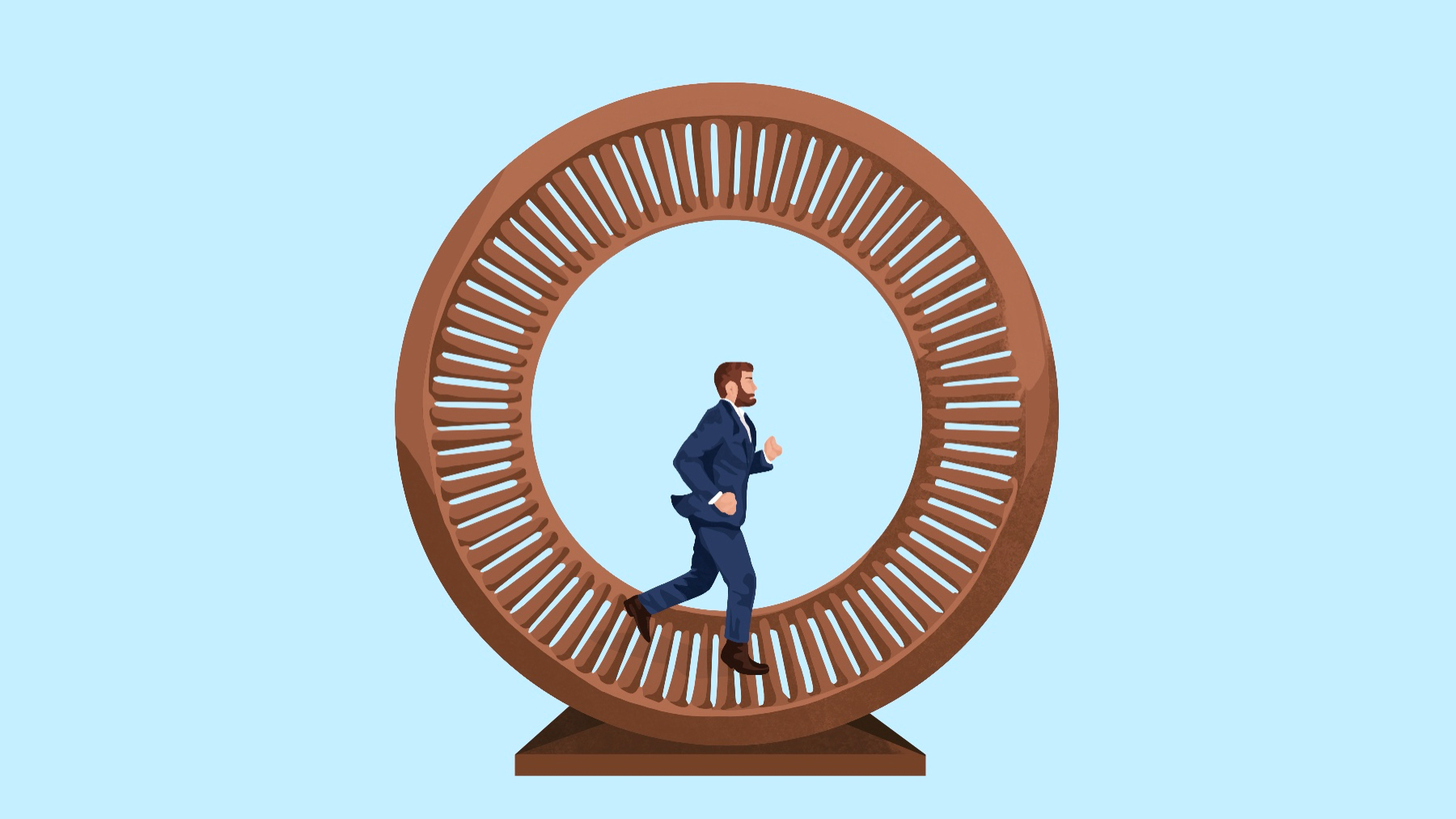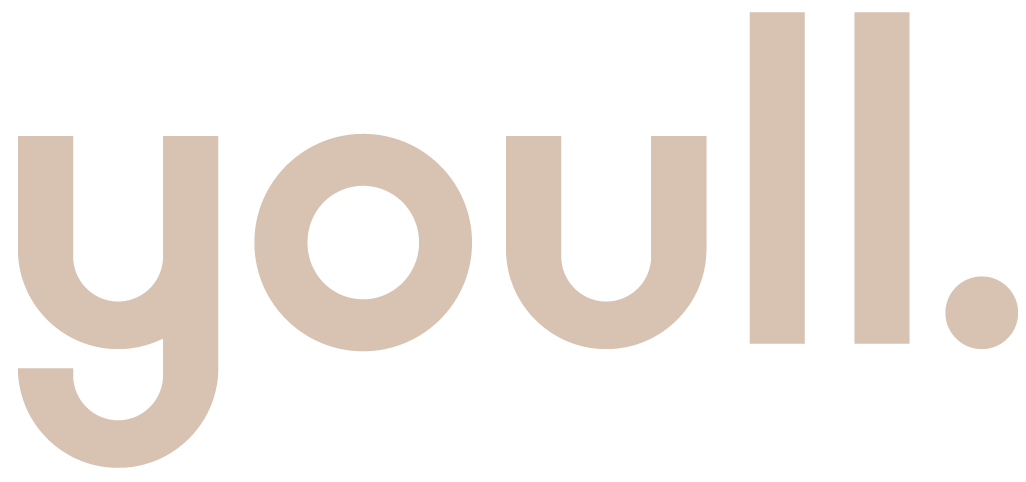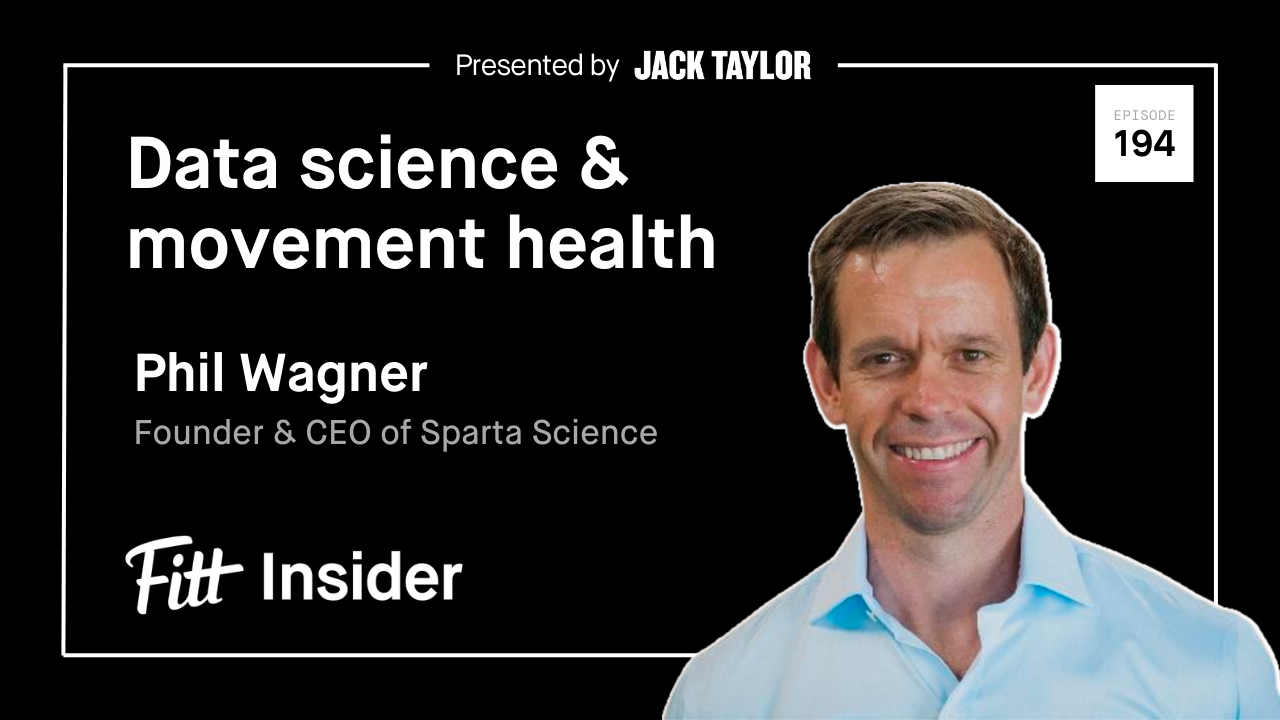Issue No. 241: No Days Off


In a society built around work, well-being is often an afterthought.
Morale Killer
As employers attempt to herd workers back into the office, some employees are resisting in the name of good health.
Even though many modern-day jobs are less physically demanding, a high-stress, low-control environment is contributing to mental burnout, weight gain, social isolation, and more.
Taking stock. A new Deloitte report examining the state of workplace well-being all but confirms work is making us sick.
- In 2023, only 63% of workers rated their physical health positively.
- Up to 40% say a toxic work environment is harming their physical, mental, or social health.
- Only about a third reported improved health from last year, across all categories.
Missed the memo. Misreading the room, three in four executives believe employee well-being is actually improving, with 77% citing better mental health for their organization.
Amid an uncertain economy, companies are cutting employees and expenses — putting wellness on the chopping block. Among other rollbacks, Salesforce pulled the plug on its off-the-grid employee retreat center, and Meta recently reduced its pandemic-era benefits package by $1K.
Job x Function
Playing a critical role, experts say investments in workforce wellness deliver outsized returns.
Beyond enhancing productivity or revenues, employer-led well-being efforts could extend Americans’ lifespan by up to 12 years and healthspan by 20 while reducing healthcare spending.
Still, with no consensus on effective interventions, workplace well-being becomes yet another checkbox, where employers seek out low-friction programs promising tangible results under strict timeframes.
But the status quo won’t serve workers of today and tomorrow.
White-collar wipeout. According to a Headspace survey, burnout is pervasive, with ~50% of workers always feeling exhausted or stressed.
And while 73% currently use an employer-sponsored mental health benefit, 75% fear their company will end support in the event of a recession.
In response, tech-enabled companies are making their mental well-being programs easier to implement and track.
- Performance training company Exos launched a burnout rehabilitation program, with its pilot measurably reducing stress in 70% of participants.
- Taking a greater stake in org operations, Headspace Health recently partnered with workplace software Virgin Pulse, and Calm introduced new tools to support HR teams.
- WHOOP and Oura entered the workplace last year, with the latter releasing, then promptly scrapping, a Slack integration for employee connectedness.
Far beyond step challenges, holistic perks are in high demand. BetterUp, Journey, and Liberate use digital coaching to build more resilient teams. Bitewell recently raised $4M for its corporate food-as-medicine offering. And Enthea added $2M in December to make psychedelic therapy a workplace benefit.
Down a day. While 74% of respondents in the Deloitte survey say personal well-being is more important than career advancement, employees are struggling to make time for their own health.
- 74% have difficulty taking time off or disconnecting from work.
- Only 48% engage in daily physical activity, while 55% get under seven hours of sleep.
- Just 42% say they have enough time for friends and family.
While Europe touts improved health and productivity from four-day workweeks, six-hour workdays, and hybrid policies, many American employers are reining in pandemic-era WFH freedoms.
With less flexibility, meaningful psychological and physiological salves like social gathering, spending time outside, or preparing wholesome meals fall by the wayside.
Takeaway: A life centered around work, where everything else becomes secondary, is unhealthy. But with 60% of workers ready to walk for a company that prioritizes their well-being, employers need to reengineer work-life balance — creating a lucrative opportunity for solutions that can enable the shift.
🎙 On the Podcast

Sparta Science founder and CEO Phil Wagner discusses movement health for high-performers.
We also cover: AI-enabled injury prevention and the opportunity beyond MSK protocols.
Listen to today’s episode here.
🎧 Apple readies health features for AirPods
Already generating upward of $12B annually from AirPods sales, Apple is developing new health-leaning features to crank up profits.
- Playing different tones, an auditory test integrated with AirPods could screen for hearing issues.
- By adding new sensors to its headphones, the company plans to measure body temperature through the ear canal.
- Previous WSJ reporting said Apple would use new earbud sensors to track and improve posture, alerting wearers of slouching.
Hearables. Driving Apple’s interest, the FDA okayed over-the-counter hearing aids last year, giving rise to a billion-dollar market.
Despite 30M Americans suffering from hearing loss, stigma, cost, and lack of convenience prevent 80% of adults who stand to benefit from using hearing aids.
Joining Apple, a host of companies are scaling up to reduce prices and increase access.
- Last fall, Yes Hearing added $10M for its online and at-home audiology platform.
- In February, Tuned raised $3.5M to deliver hearing care as an employee benefit.
- This April, TympaHealth secured $23M to expand its hearing assessment and diagnostic solution.
Entering the hearables race, Sony teaming with hearing aid technology WS Audiology, HP partnering with device maker Eargo, and Best Buy is stepping up its OTC hearing aid offering.
Punchline: For health tracking or hearing care, headphones are a low-cost wedge into growing markets. But, adoption for more serious issues or for individuals unfamiliar with the tech will require expert oversight.
Stop hacking together makeshift solutions for your digital business — use Youll to launch your own custom app instead.
Youll is a no-code app development platform created by the engineering team behind meditation app Headspace.
Purpose-built for health coaches, personal trainers, and wellness professionals, Youll makes launching an app simple and affordable, no tech experience required.
Customize the branding, enable subscriptions, or add a content library while maintaining control of your client’s data and experience.
Start now: To create your own app in just 30 days book a demo here.
🚧 Digital health funding gets harder to come by
After rising steadily for years, fewer deals and smaller check sizes defined the first half of 2023, per Rock Health.
- Digital health startups raised $6.1B in H1 2023.
- 244 deals closed during the period.
- The average funding round reached $24.8M.
Highs and lows. Trending in the wrong direction, H1 2023 represents a significant decline from $10.3B over the same period last year and $14.7B during H1 2021.
Signaling more challenges ahead, Q2 2023 contracted even more than Q1. At this pace, the category could see its lowest annual totals since 2019.
Special ops. A smaller pool of investors did digital health deals, with repeat backers returning to the space as generalists shied away.
Continuing a trend from Q1, investors are backing familiar teams and more-established companies — 12 megadeals (rounds of $100M+) accounted for 37% of this year’s funding.
Dealmaking. With limited options, founders are taking cash however they can get it — 41% of H1 2023 deals weren’t classified as a particular round or series.
Meanwhile, those unable to secure capital are fielding acquisition offers or are being forced to close up shop.
Looking ahead: As we pointed out in Issue No. 227, health and fitness startups are confronting a higher bar for winning over investors and customers alike:
“Driving business returns and health outcomes will replace growth at all costs as the new measures of success.”
Facing this reality, the sector will endure more hardship as expectations are reset and a more sustainable path forward takes shape.
📰 News & Notes
- Smart gym ecosystem EGYM eyes US after $225M raise.
- Therabody partners with NWSL, targets women’s healthtech.
- Stages Cycling taps Peloton-owned Precor as global distributor.
- Nutrisystem owner Wellful Inc. plots DTC revival for Jenny Craig.
- Headspace “underestimates” economy, lays off 15% of workforce.
- Startup Q&A: Lifeforce CEO Dugal Bain-Kim on preventative diagnostics.
- Fitt Jobs: Hundreds of new opportunities in the health & fitness industry.
- Fertility company Kindbody brings genetic testing in-house with Kindlabs.
💰 Money Moves
- Neko Health, a preventative health clinic founded by Spotify’s Daniel Ek, raised €60M in a Series A to expand outside of Sweden.
- FORTË, a streaming platform for boutique fitness studios, closed a funding round co-led by Elysian Park Ventures and The W Fund.
- The Athletic Clubs, a NYC-based operator of group fitness gyms, received a $150K strategic investment from [solidcore] founder Anne Mahlum.
On the Pod: Our conversation with Anne Mahlum - Israeli sleep tech startup X-trodes received a €5.2M ($5.7M) award from the European Innovation Council Accelerator (EIC).
- Stella, a network of clinics treating PTSD, Long COVID, and more, acquired the assets of Field Trip, a psychedelic therapy provider, out of bankruptcy.
- Blueprint, a platform for mental health providers, secured $9M in a Series A round co-led by Ensemble VC and Lightbank.
- Author Health, a platform providing value-based care for Medicare Advantage members, launched with $115M in financing led by General Atlantic.
- Alfie Health, an AI-personalized weight loss platform, picked up $2.1M in a funding round co-led by Y Combinator and Nina Capital.
- Healthy DTC product marketplace The Naked Market acquired low-alcohol aperitif brand Haus.
- Heading, an insurance-based mental healthcare provider, closed $4.5M in a Series A extension round led by Gron Ventures and Jam Fund.
- Better-for-you energy drink maker ASHOC landed an undisclosed equity deal with NFL quarterback Jalen Hurts.
More from Fitt Insider: Liquid Gold - Crunch Fitness franchisee CR Fitness acquired two unnamed Dallas-area fitness facilities.
- Agile Therapeutics, maker of contraceptive patch Twirla, raised $7.5M in a registered public offering.
- COMPASS Pathways, a psychedelic biotech company, secured a term loan facility for up to $50M from Hercules Capital.
- Belgium-based menstrual health startup Guud closed €1.6M ($1.8M) in a seed round.
- Multinational food manufacturer Mars acquired Kevin’s Natural Foods, maker of pre-packaged, better-for-you meals.
- Amped Fitness, operator of 17 gyms across the Southeast, acquired four Florida-based gyms from YouFit.
- Smartlens, maker of a glaucoma-detecting contact lens, closed a $6.1M Series A round.
- Australian nonalcoholic spirits maker Lyre’s raised £18M ($22.9M) in a funding round co-led by DSquared and Morgan Creek Consumer Fund.
Today’s newsletter was brought to you by Anthony Vennare, Joe Vennare, Ryan Deer, and Jasmina Breen.